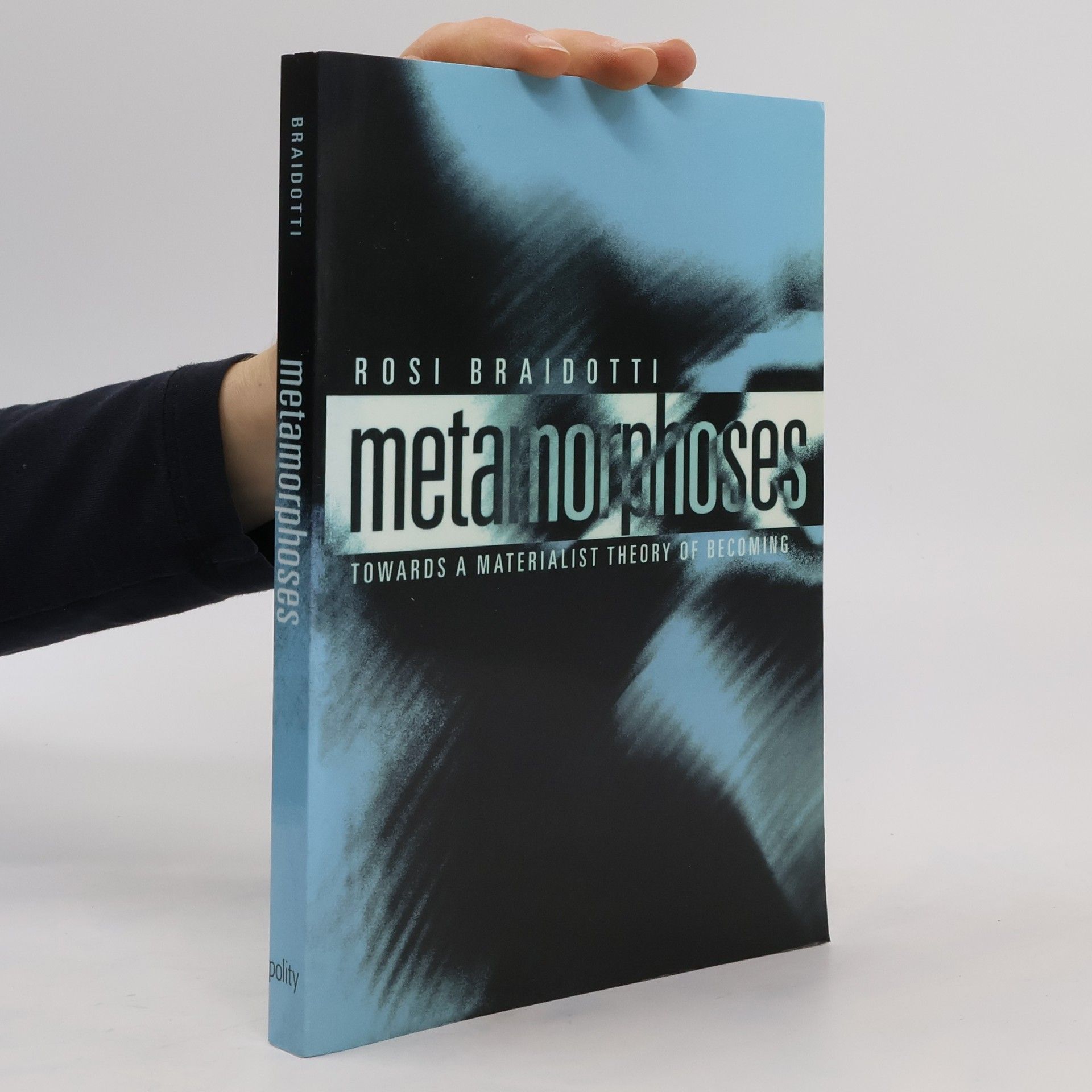Politik der Affirmation
- 104 Seiten
- 4 Lesestunden






Leben jenseits des Menschen
Genetik und künstliche Befruchtung, Robotik, Implantate und Computertechnologie haben nicht nur in der Science-Fiction Cyborgs, Zombies und Klone hervorgebracht. Auch in der Philosophie und in den Humanwissenschaften hat sich seit einigen Jahren eine lebendige Diskussion über die Grenzen und Möglichkeiten des Menschen angesichts moderner Technologien entwickelt. Rosi Braidotti unternimmt eine faszinierende Tour de Force vom Humanismus zum Zeitalter des Posthumanismus, in das technologischer Fortschritt und Kapitalismus uns katapultiert haben: Der humanistische Mensch – männlich, weiß, rational, selbstbewusst, eurozentrisch – ist nicht mehr Maß aller Dinge und hat heute, so Braidotti, einem nomadischen, nicht-individuellen Subjekt Platz gemacht. Vor der Folie postkolonialer und feministischer Theorie legt das Buch die Grundlage für eine neue Theorie dieses posthumanen Subjekts: Nicht mit sich selbst identisch, kollektiv und kosmopolitisch ist es vielfältig mit anderen Subjekten vernetzt – mit Menschen wie mit Tieren und Dingen. So birgt für Braidotti das Ende des Humanismus eine Utopie: Es eröffnet neue soziale Bindungen und Gemeinschaftlichkeit im globalen Maßstab.
This revised and expanded edition retains all but two of Braidotti's original essays, including her investigations into epistemology's relation to the 'woman question', feminism and biomedical ethics; European feminism; and the possible relations between American feminism and European politics and philosophy. A new piece integrates Deleuze and Guattari's concept of the 'becoming-minoritarian' more deeply into modern democratic thought, and a chapter on methodology explains Braidotti's methods while engaging with her critics.
In a context marked by the virulent return of patriarchal and white supremacist attitudes, a new generation of activists, from the Xenofeminists to Pussy Riot, are continuing the struggle, fighting alongside star feminists like Emma Watson and Scarlett Johansson: these are very feminist times.
Intro -- [CONTENTS] -- ACKNOWLEDGMENTS -- INTRODUCTION -- 1 METAMORPHOSES -- 1. TRANSPOSING DIFFERENCES -- 2. META(L)MORPHOSES -- 3. ANIMALS AND OTHER ANOMALIES -- 4. THE COSMIC BUZZ OF INSECTS -- 2 FEMINIST TRANSPOSITIONS -- 5. MATTER-REALIST FEMINISM -- 6. INTENSIVE GENRE AND THE DEMISE OF GENDER -- 7. POSTSECULAR PARADOXES -- 3 NOMADIC CITIZENSHIP -- 8. COMPLEXITY AGAINST METHODOLOGICAL NATIONALISM -- 9. NOMADIC EUROPEAN CITIZENSHIP -- 4 POWERS OF AFFIRMATION -- 10. POWERS OF AFFIRMATION -- 11. SUSTAINABLE ETHICS AND THE BODY IN PAIN -- 12. FORENSIC FUTURES -- 5 CONCLUSION -- 13. A SECULAR PRAYER -- NOTES -- BIBLIOGRAPHY -- INDEX
Major new work in feminist theory, cultural theory and gender studies Author is well known in the fields of feminism and post-structuralism and for her work on problems of identity and difference. schovat popis
The Posthuman offers both an introduction and major contribution to contemporary debates on the posthuman. Digital 'second life', genetically modified food, advanced prosthetics, robotics and reproductive technologies are familiar facets of our globally linked and technologically mediated societies.
The question of what defines the human, and of what is human about the humanities, have been shaken up by the radical critiques of humanism and the displacement of anthropomorphism that have gained currency in recent years, propelled in part by rapid advances in our knowledge of living systems and of their genetic and algorithmic codes coupled with the global expansion of a knowledge-intensive capitalism. Braidotti takes a closer look at the impact of these developments on three major areas: the constitution of our subjectivity, the general production of knowledge and the practice of the academic humanities
vrouwen in de hedendaagse filosofie
Studie over de rol van het vrouwelijke en het feminisme in de hedendaagse filosofie.